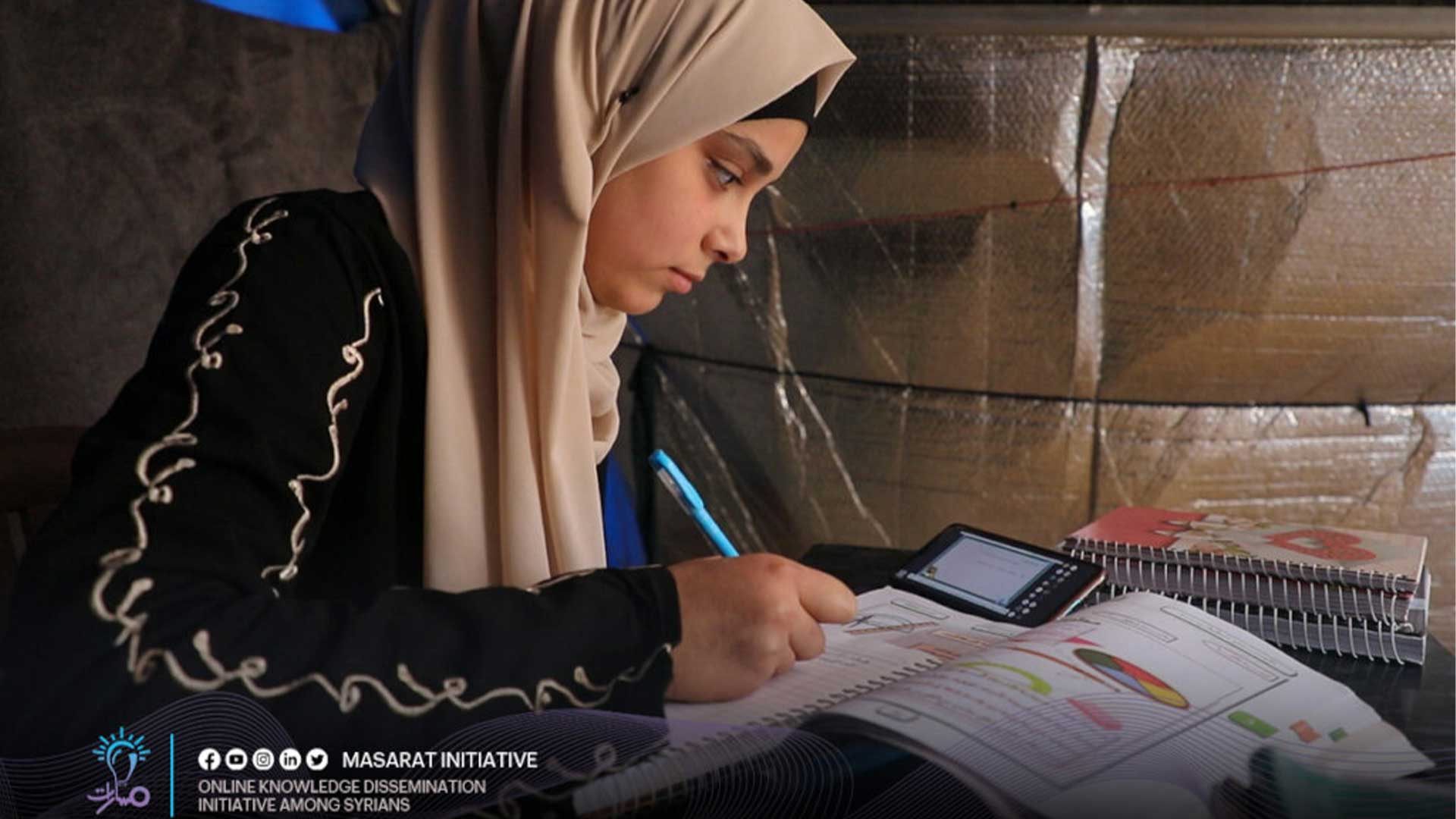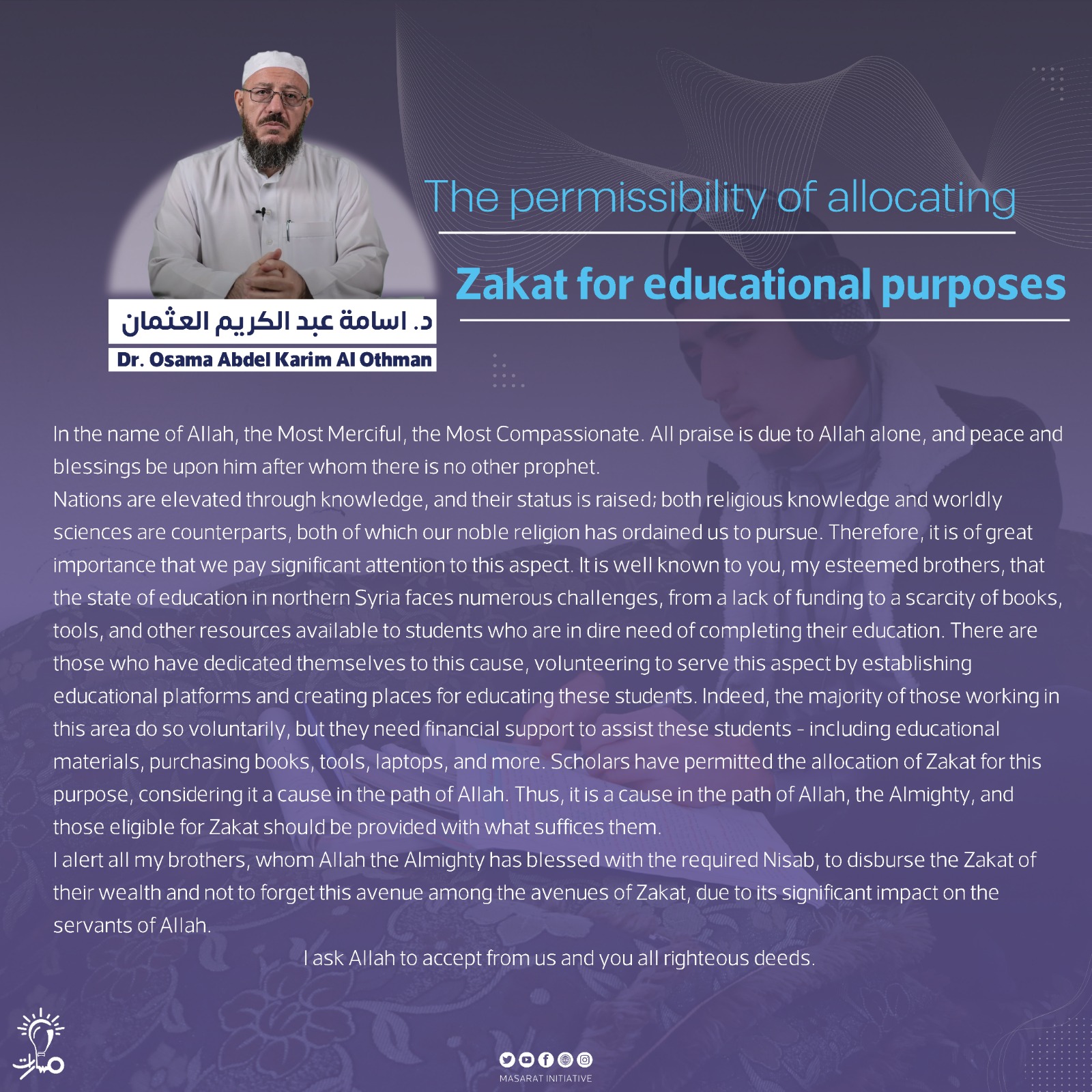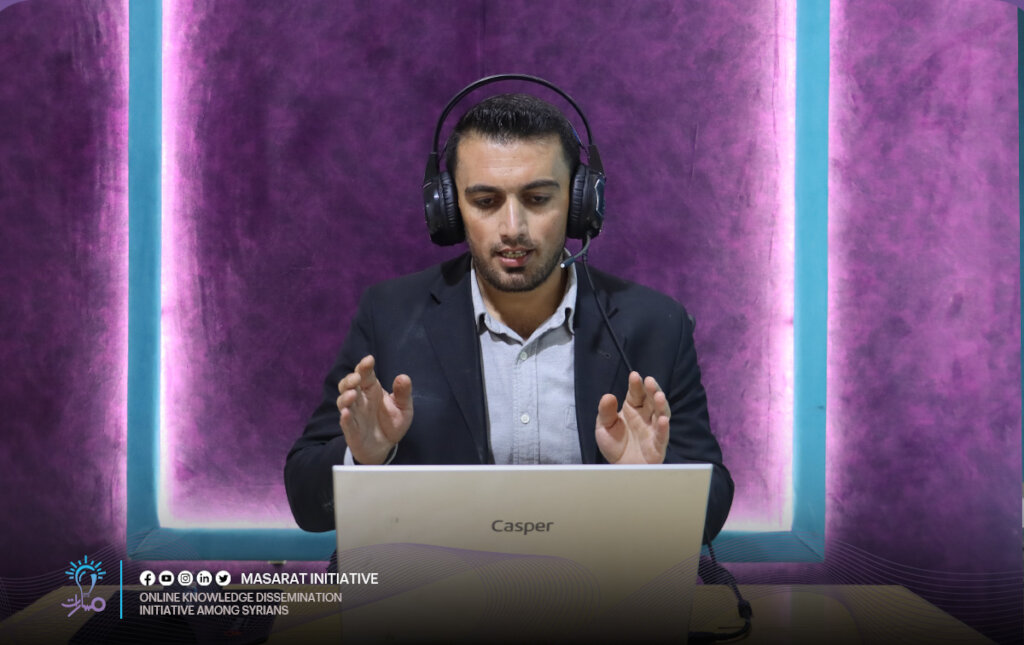Zakat al-mal, according to Islamic Sharia, is the amount that must be paid from zakatable wealth when it reaches the nisab (threshold). Zakat linguistically means growth and increase, and in Islam, it signifies the increase and growth in wealth.
Understanding the Sharia principles of zakat on al-mal is crucial for Muslims in any Islamic country, as it is obligatory to perform zakat to achieve social equality among the members of the nation. For this purpose, our article addresses zakat on al-mal in Kuwait and everything related to it.
Zakat on Al-Mal in Kuwait
In Kuwait, zakat on al-mal is obligatory for every free Muslim when their wealth reaches the nisab and has been held for a full lunar year. Zakat is a right upon the believer that must be performed seeking the pleasure of Allah Almighty and in fulfillment of His law.
The Importance of Intention When Paying Zakat One important aspect of fulfilling the zakat obligation is to have the right intention when disbursing it. The Prophet Muhammad (peace be upon him) said: “There is no owner of gold or silver who does not pay what is due on it, except that on the Day of Resurrection, plates of fire will be heated in the Hellfire and used to sear his sides, his forehead, and his back.”
Nisab of Zakat on Al-Mal in Kuwaiti Dinars
The nisab for zakat on al-mal in Kuwait is estimated at the value of 85 grams of gold or the equivalent value of 595 grams of silver. If the wealth owned by the payer reaches the nisab of gold, then zakat of 2.5% of the total wealth is required.
The nisab of zakat on al-mal in Kuwaiti dinars can be calculated by knowing the price of a gram of gold on the day the zakat is paid and multiplying it by 85; the result is the threshold (price of a gram of gold × 85 = nisab).
Calculating Zakat on Al-Mal in Kuwaiti Dinars
Kuwait applies the calculation of zakat al-mal as mentioned by the Prophet Muhammad (peace be upon him) by disbursing “one-quarter of a tenth,” which
involves dividing the entire amount by 40, and the result is the amount of zakat due.
It can also be calculated by multiplying the total amount by 2.5%; the result is the zakat amount that needs to be disbursed.
Methods of Paying Zakat on Al-Mal in Kuwait
In our current times, paying zakat has become easier due to the proliferation of charitable organizations that work to deliver money to those in need among the legitimate categories that receive zakat on al-mal, such as the poor, the needy, and wayfarers.
Zakat on al-mal can be paid through the Masarat Initiative for education and vocational training, which strives to provide free educational opportunities to students in Northern Syria and to the neediest segments of the society, including orphans and those with special needs.
Masarat Initiative for Vocational Education and Training in Syria
If you think about the daily challenges faced by students in Northern Syria due to displacement, living in refugee camps, you would seek ways to support them so they can continue their educational journey in a supportive environment.
The Masarat Initiative helps create these opportunities to support our orphaned students, those with disabilities, and all needy categories by providing them with educational opportunities.
Through its efforts to provide free online education on free electronic platforms, it offers interactive lessons between students and teachers, in addition to a non- interactive learning management platform and a knowledge endowment available to all students in Syria through educational videos created by Masarat Channel on YouTube
Your zakat contribution aids thousands of students in Northern Syria to continue their education, supported and encouraged by their community.
Narrated by Abu Huraira, the Prophet Muhammad (peace be upon him) said: “When the son of Adam dies, his deeds stop except for three: ongoing charity, knowledge that is benefited from, or a righteous child who prays for him.” Spending in the cause of education and learning is an ongoing charity that leaves its impact in this world and the hereafter.









